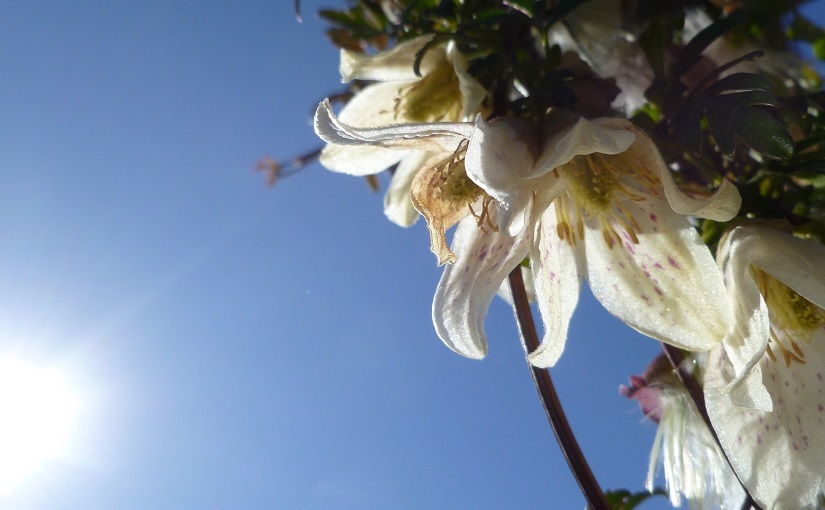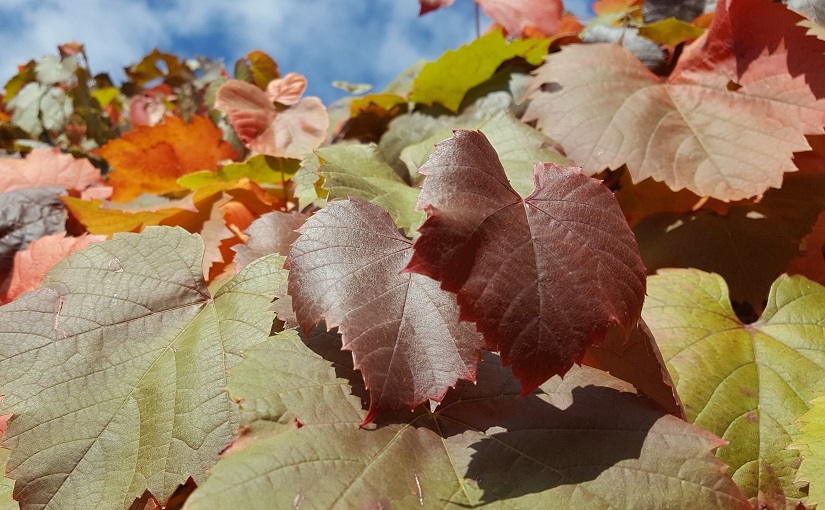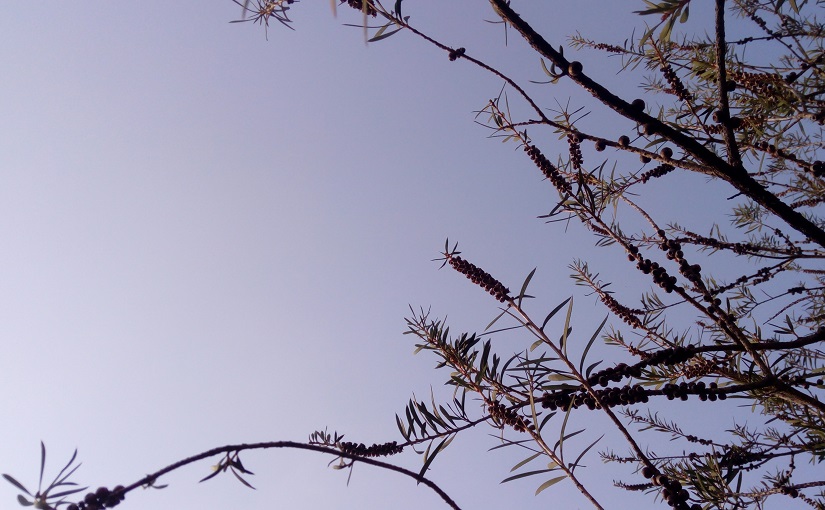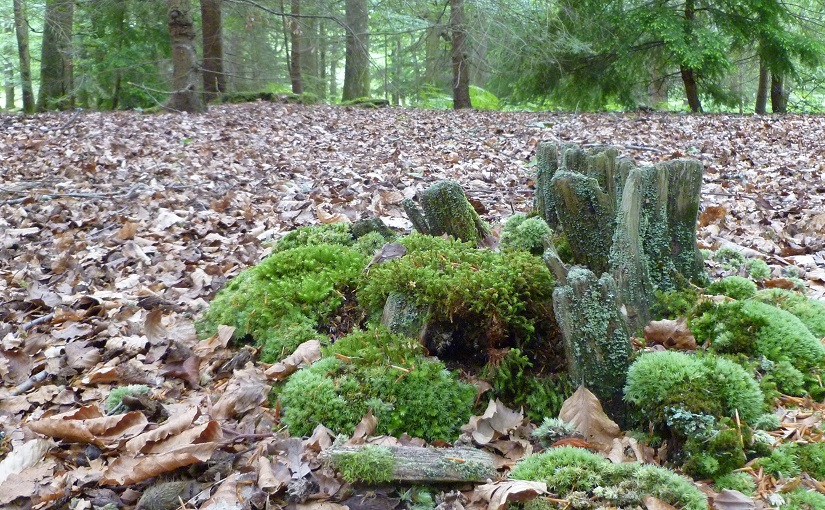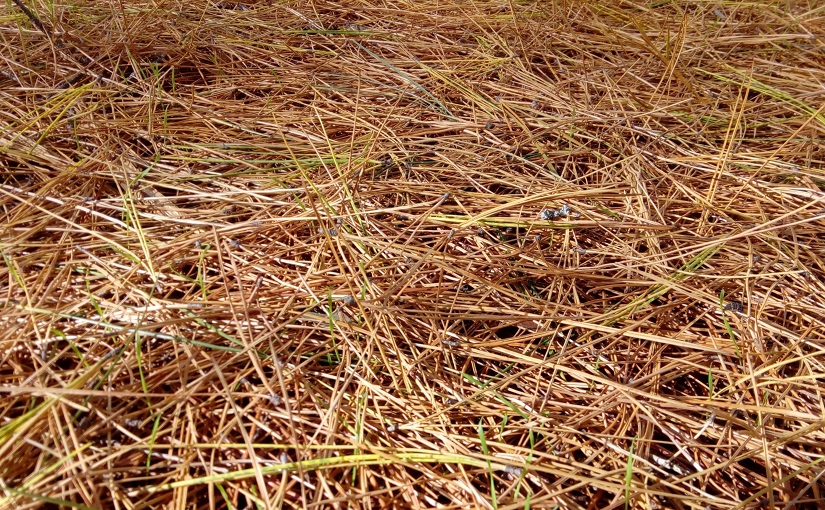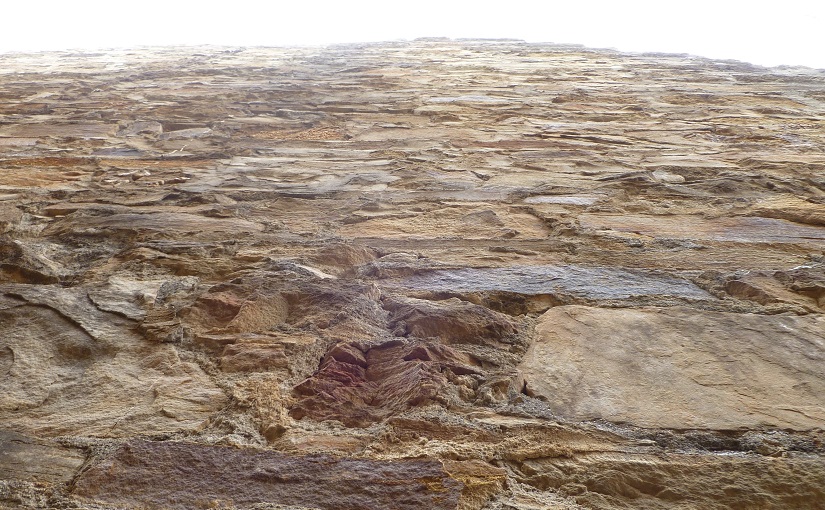Emotion’s something we almost all have, tucked away somewhere or displayed up quite close to the surface. It’s probably one of our defining traits as humans: that we not only think but also feel about the life we’re living. Between timeless subconscious fears, emotions accompanying memory, and those tracking back ahead of future uncertainties we likely all have quite strong rivers of feeling merging within us in the present moment.
It’s a beautiful thing, that life should affect us emotionally – how it’s not just the cool head but also the warm heart that responds to the experience of being human. We empathise, sympathise, share in, and act out of concern for the inner lives of others. We can place ourselves in their shoes, consider how they’re feeling, and relate in ways that help not harm their path through life.
These days, much seems so cold, calculating and inhuman. Even our human encounters can come across as transactional and devoid of genuine warmth. For some reason it seems we’re approaching everything with the mind’s logic; confidently deconstructing and labelling others’ experiences, intentions and struggles with our own sense of what it all means and what should be done (Notes One).
We seem to be living in quite cerebral ways – everything run past the logic of the mind, as if that thinking should be guiding the heart. But, not to downplay the importance of clear, creative thinking in the slightest, the question of how best it relates to feeling doesn’t exactly seem clean cut (Notes Two). Should the heart be “allowed” to do as it pleases, even at the cost of reason itself?
It’s interesting to consider how we go about “being human”. Feeling’s a useful way of approaching life: letting things come to us in that human, compassionate, emotive form. But it can also billow up in seemingly uncontrollable, overwhelming waves that threaten our ability to keep a cool head rather than respond to its churning pull. Whether the head or heart “wins out” maybe some sort of ageless question.
And, in many ways, modern life seems pretty good at bringing something new to the table in terms of emotion’s realities. We seem to be talking more, breaking old conventions, acknowledging the difficulty of managing feelings. The inner life is much more laid bare, much more acceptable for the reality that it is. Seeing something, letting it be, finding the words to talk about it all seem so very important (Notes Three).
But then, what do we do with it for the best? Should we dial up emotion, live into it, really make a “self” out of it? The past might have relegated it to a stifled, repressed existence, but does that mean we should swing to the other extreme and let it all out? (Notes Four)
Finding the “right place” for emotion – channelling it to become a powerful source of wise intelligence for how we’re living – must be pretty crucial in responding well to all life’s inevitably throwing at us.
Notes and References:
Note 1: Frameworks of how we relate
Note 1: Strange arrogance of thought
Note 1: Humans, judgement & shutting down
Note 2: Working through mind & society
Note 2: How it feels to be alive
Note 2: Living as an open wound
Note 2: And, how much can we care?
Note 3: Complication of being human
Note 3: Does being alone amplify things?
Note 3: Conversation as revelation
Note 4: Overwhelm and resignation
Note 4: It resonates, but should it be amplified
Note 4: Living your life through a song
Note 4: Playing with fire?

